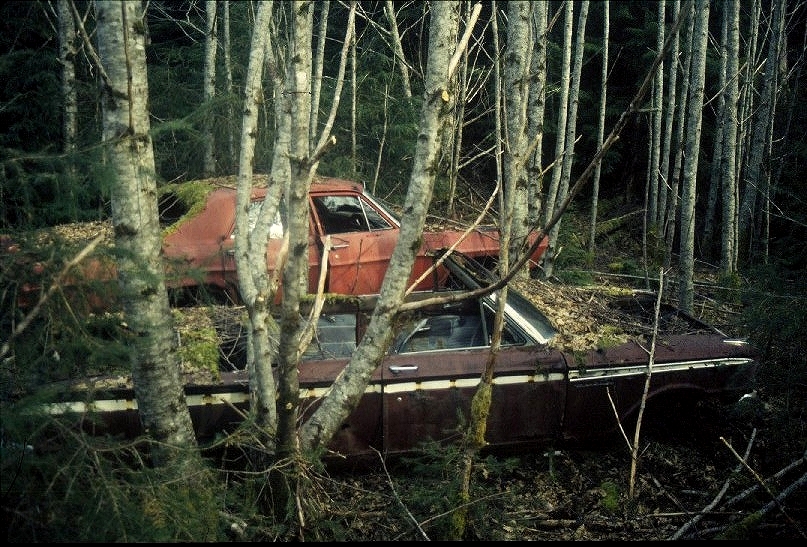- Environmental thought, ethics, & politics
- The Anthropocene, climate change, & climate trauma: politics, activism, adaptation
- Green social & cultural theory; political ecology; new social movements; petrocultures & post-carbon society
- Philosophy of nature; theorizing nature/culture; ontology; process-relational theory
- Continental philosophy, phenomenology, poststructuralism, actor-network theory, post-constructivism
- Epistemologies of science/politics/religion & environmental knowledge; transdisciplinarity

The theoretical impetus for much of my research comes from the recognition that understanding the relationship between humans and the nonhuman world, especially at a time of worsening environmental crisis, requires transdisciplinary methods. That relationship is commonly studied in piecemeal fashion within specific disciplines, with “nature” relegated to the physical and biological sciences and “culture” to the social sciences and humanities. My scholarship begins from the premise that the sociocultural, techno-economic, and bio-ecological dimensions of environmental problems are fundamentally inseparable.
In the wake of the so-called “nature wars” that followed the publication of environmental historian William Cronon’s (1995) controversial New York Times Magazine essay “The Trouble with Wilderness,” which pitted “social constructionist” humanists and social scientists against scientific “realists,” I have worked to develop a theoretical model that would account for the agency of the nonhuman world alongside the full complexity of the cultural world — a model I have referred to variously as a “protean,” “post-constructivist” “multicultural ecology,” a “relational, performative, discursive, co-constructive materialism,” and most recently as “process-relational theory” — and to apply this model in empirical studies of cultural phenomena.
As I wrote in Claiming Sacred Ground, I advocate a position that aims to overcome the dichotomies that separate “the human from the nonhuman, and the real from the illusory. My premise, rather, is that both of the opposite poles of these paired dichotomies emerge out of an interactive web that is tangled and blurred at its very origins. This is a tangled web within which the world is ever being created—shaped and constituted through the imaginative, discursive, spatial, and material practices of humans reflectively immersed within an active and animate, more-than-human world. It is a tangled web of selfhood and otherness, identities and differences, relations both natural and cultural; a web through which circulate meanings, images, desires, and power itself (the power to act, to imagine, to define, impose, and resist).”
Ecologies of the Moving Image and Shadowing the Anthropocene both develop the process-relational model. Its elements have also been elaborated on my blog Immanence (see especially the category “Geophilosophy” as well as the articles found in the Primer). Work in progress delves deeper into the affective, emotional, and cultural complexities of a world facing dramatic challenges incurred by climate change.
The following is a sampling of publications and papers from over the years that contribute to these lines of my research. See also the “Publications, Interviews, Talks” section of the side-bar.
- Contemporary Process-Relational Thought: A Primer (which also appears as an appendix in Shadowing the Anthropocene, 2018).
- Beatnik Brothers? Between Graham Harman and the Deleuzo-Whiteheadian Axis, Parrhesia 19 (2014).
- Religious (Re)Turns in the Wake of Global Nature: Toward a Cosmopolitics, in Tucker, ed., Nature, Science, and Religion: Intersections Shaping Religion and the Environment, SAR Press, 2012.
- The Anthrobiogeomorphic Machine: Stalking the Zone of Cinema, Film-Philosophy 15.1 (2011).
- From Frames to Resonance Machines: The Neuropolitics of Environmental Communication, Environmental Communication 4.1 (2010).
- Social Nature: Collapsing Dichotomies Without Unraveling the Fabric of Things, Journal for the Study of Religion, Nature, and Culture 2. 2 (2008).
- Toward a Multicultural Ecology, Organization and Environment 15 (4), 2002, 389-409.
- Re-animations: Instinct and Civility After the Ends of ‘Man’ and ‘Nature‘, in From Virgin Land to Disney World: Nature and Its Discontents in the USA of Yesterday and Today, ed. B. Herzogenrath, special edition of Critical Studies 15, pp. 7-32 (Amsterdam/New York: Editions Rodopi, 2001).
- Weathering Global Futures: Ecology, Economy, and the Unruly Tropics of the ‘Global’, Topia: Canadian Journal of Cultural Studies 4 (2000/01), 5-26.
- ‘The Nature Wars: Seeking Common Grounds for Uncommon Agents.’
- ‘Ecocultural Critical Theory and Ecocultural Studies: Contexts and Research Directions.’ Cultures and Environments: On Environmental Cultural Studies (on-line conference hosted by Washington State University American Studies Program, 1997).
